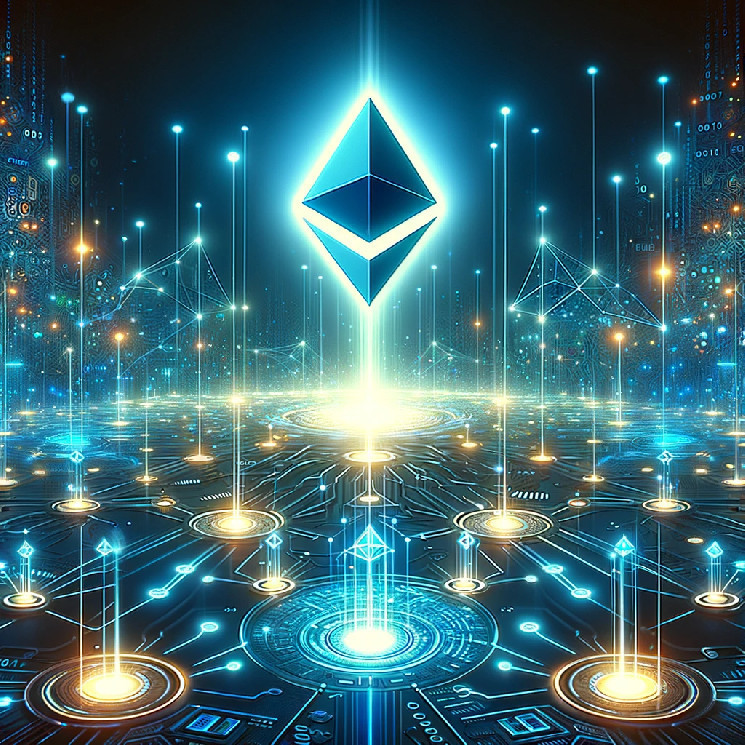The Ethereum Foundation has announced the Dencun network upgrade is set to go live on the Ethereum mainnet. This comes after successful activation on all testnets. The upgrade, scheduled for March 13, 2024 at 13:55 UTC, requires node operators and stakers to update their software. This follows the Shapella upgrade and includes major changes like the introduction of ephemeral data blobs with EIP-4844, aimed at reducing L2 transaction fees. A community livestream will be available for those interested in following the event.
The upgrade includes changes to both the consensus and execution layers of Ethereum, detailed in EIP-7569. Key protocol changes are EIP-1153 (Transient storage opcodes), EIP-4788 (Beacon block root in the EVM), EIP-4844 (Shard Blob Transactions), EIP-5656 (MCOPY – Memory copying instruction), EIP-6780 (SELFDESTRUCT only in the same transaction), EIP-7044 (Perpetually Valid Signed Voluntary Exits), EIP-7045 (Increase Max Attestation Inclusion Slot), EIP-7514 (Add Max Epoch Churn Limit), and EIP-7516 (BLOBBASEFEE opcode).
For the consensus layer changes, specifications can be found in the Deneb folder of the ethereum/consensus-specs repository. Execution layer changes are outlined in the linked EIPs, with a Python specification in progress in the ethereum/execution-specs repository. Additionally, Deneb necessitates modifications to the Engine API for communication between consensus and execution layer nodes, detailed in the cancun.md file of the ethereum/execution-apis repository.
Client releases supporting Dencun on the Ethereum mainnet have been listed, including versions for Lighthouse, Lodestar, Nimbus, Prysm, Teku (consensus layer), and Besu, Erigon, go-ethereum, Nethermind, Reth (execution layer). The Ethereum Foundation cautions validators about the risks of running a majority client and offers resources for client distribution and switching guides.
For Ethereum users or Ether holders, no action is required unless directed by their exchange or wallet provider. Node operators must update their clients to the specified versions to ensure compatibility with the Dencun upgrade. Stakers are also advised to update both their beacon node and validator client, with the option to practice the upgrade process on ephemery.dev.
Failure to participate in the upgrade will result in syncing to the pre-fork blockchain, leading to incompatibility with the post-Dencun Ethereum network. Application and tooling developers are encouraged to review the EIPs included in Dencun for potential impacts on their projects, especially noting EIPs with backward compatibility implications.
The name “Dencun” combines “Deneb,” a star name, reflecting the consensus layer upgrade, and “Cancun,” a Devcon city name, for the execution layer upgrade, continuing the tradition of naming Ethereum upgrades after celestial and significant locations.
 cryptopolitan.com
cryptopolitan.com
